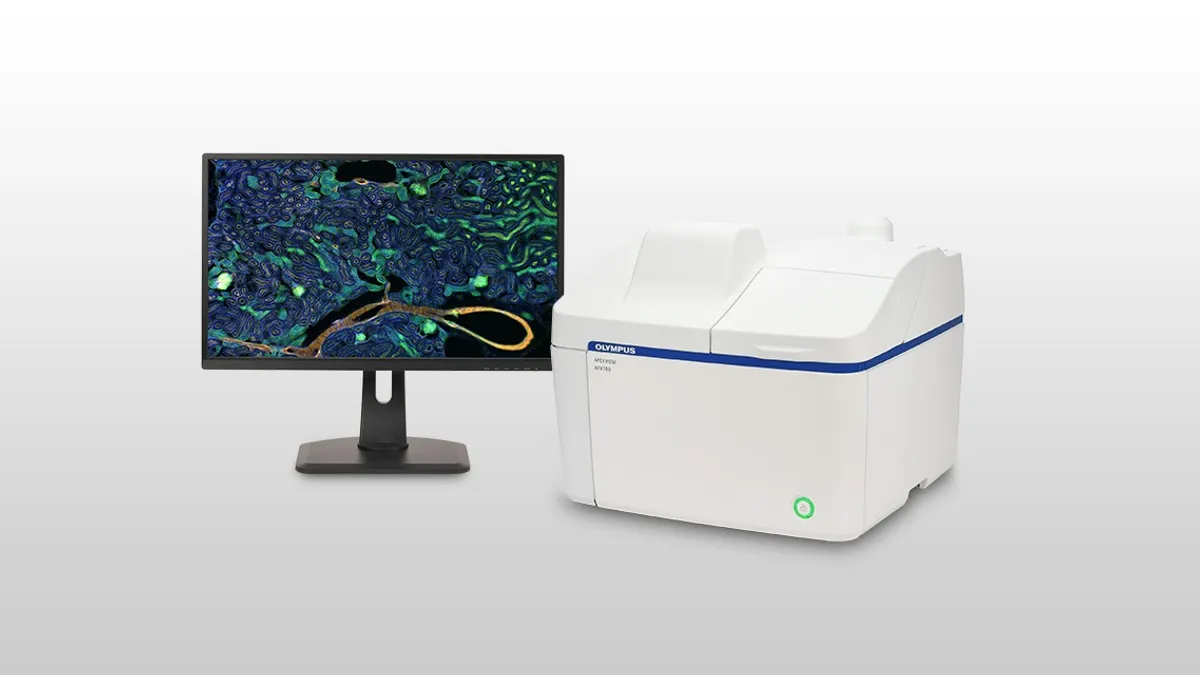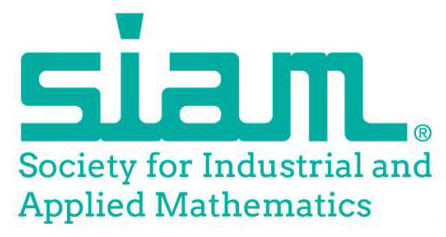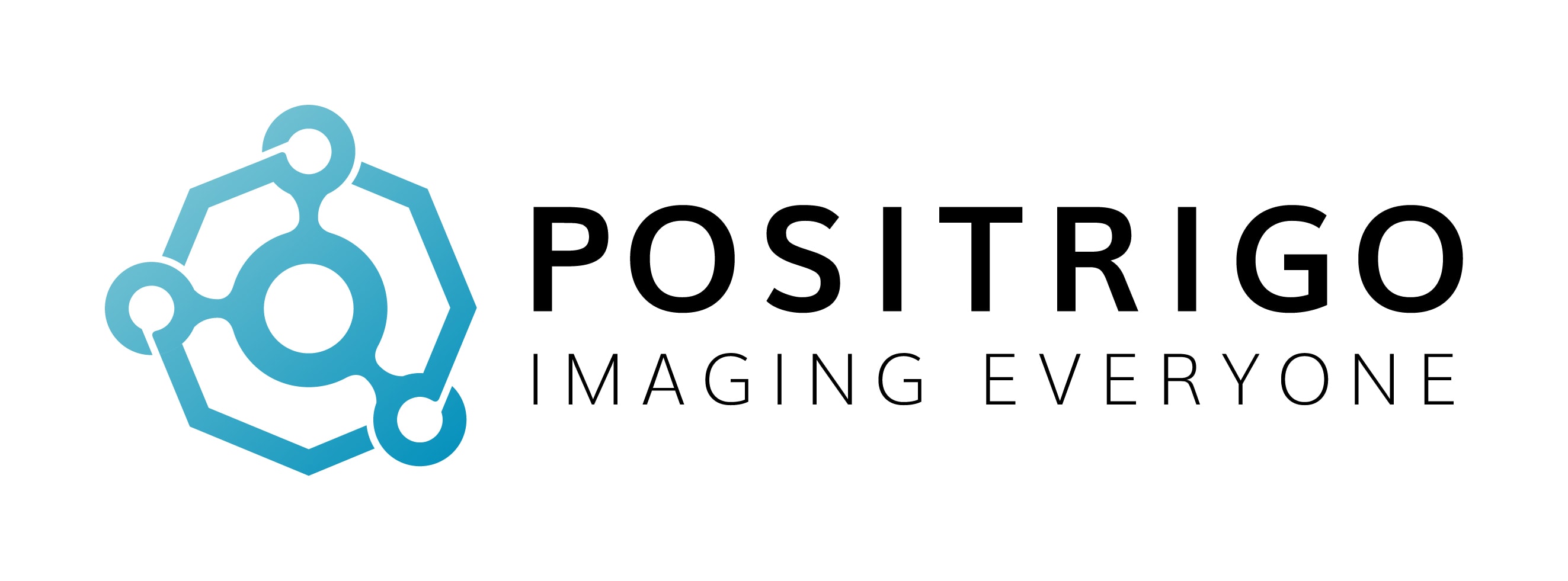Dive Brief:
- Olympus agreed to sell its microscope unit to private equity firm Bain Capital for 427.6 billion yen ($3.1 billion) to further increase the company’s focus on its medical business.
- The unit, which Olympus recently established as a standalone company, Evident, has a portfolio of biological and industrial microscopes, X-ray analyzers and other technologies that no longer fit with the Japanese business’ focus on healthcare.
- Under CEO Yasuo Takeuchi, Olympus has sought to become a dominant force in the market for medical endoscopes, leading it to offload its unprofitable digital camera business and now strike a deal with Bain.
Dive Insight:
Olympus created Evident in light of differences between its scientific solutions and medical businesses. The differences persuaded the company that scientific solutions would benefit from its own management structure, which was established in the creation of Evident, and to consider selling the unit.
Unlike the digital camera division which struggled after the rise of smartphones, Evident is profitable. In the year ended March 31, the unit posted an operating profit of 17.5 billion yen on revenue of 119.1 billion yen. Still, Olympus decided the microscope business, plus its remaining medical operations, are best served by a sale.
Bain has taken the other side of the deal. In return for $3.1 billion, the private equity group will take over a business that its managing director for North America Stephen Thomas said is “at the frontier of digital optical technology in life sciences and industrial end markets.”
Selling Evident is part of Olympus’ push since 2019 to focus on other parts of its medical business, particularly its endoscopic and therapeutic solutions units. The company is seeking to capitalize on the shift to disposable endoscopes and to grow sales of therapeutic gastrointestinal, urology and respiratory devices.
Olympus reported endoscope sales of 451.5 billion yen in the year ended March 31, a gain of 17% from the prior year. The company attributed the growth to the recovery from COVID-19 and demand for the EVIS X1 endoscopy system that it introduced in 2020.













